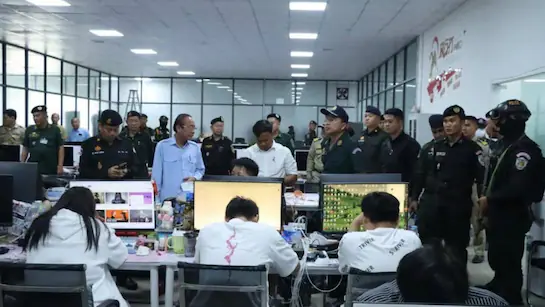Now Reading: Cyberattack Disrupts Major European Airports, Passengers Face Long Delays
-
01
Cyberattack Disrupts Major European Airports, Passengers Face Long Delays
Cyberattack Disrupts Major European Airports, Passengers Face Long Delays

A significant cyberattack has disrupted operations at several major European airports, leading to widespread delays and cancellations. The incident, which began on Friday, targeted the check-in and boarding systems of Collins Aerospace, a key provider for numerous airlines. As a result, airports such as London Heathrow, Brussels, Berlin, and Dublin have experienced severe operational challenges, affecting thousands of passengers.
Impact on Airport Operations
The cyberattack compromised the Muse software used for check-in and baggage handling, forcing many airports to revert to manual processes. At Brussels Airport, approximately 140 flights were canceled on Monday, accounting for half of the day’s departures. Heathrow reported delays in nearly 90% of its flights, with some averaging 34 minutes late. Berlin and Dublin also faced significant disruptions, with passengers experiencing extended wait times and uncertainty regarding flight statuses.
Passenger Experience and Safety Measures
Travelers have reported long queues at check-in counters and limited access to self-service kiosks, leading to frustration and confusion. While self-service and online check-in options remain functional, the manual processing of passengers has slowed down operations. Airports have deployed additional staff to assist travelers, but the situation remains challenging. Authorities are advising passengers to check flight statuses regularly and adhere to recommended arrival times to mitigate further delays.
Ongoing Investigation and Future Implications
The source of the cyberattack remains under investigation, with authorities considering various possibilities, including hacker groups or state-sponsored actors. The European Commission is monitoring the situation, emphasizing the importance of cybersecurity in critical infrastructure. This incident highlights the vulnerabilities in aviation systems and the need for robust security measures to protect against future cyber threats.
Conclusion
The cyberattack on European airports has underscored the growing risks associated with digital infrastructure in the aviation industry. While efforts are underway to restore normal operations, the event serves as a stark reminder of the importance of cybersecurity in safeguarding the travel experience. Passengers are urged to remain informed and patient as authorities work to resolve the ongoing disruptions.

























